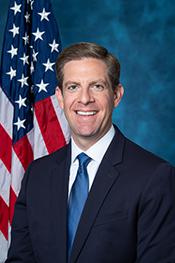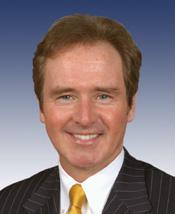0
SAFE TECH Act
12/15/2023, 3:55 PM
Summary of Bill HR 1231
Under the SAFE TECH Act, online platforms would be required to take reasonable steps to prevent the dissemination of harmful content, such as child sexual abuse material, terrorist content, and cyberstalking. Platforms would also be required to establish and enforce content moderation policies to address harmful content.
The bill includes provisions for transparency and accountability, requiring platforms to report on their efforts to combat harmful content and to provide a process for users to appeal content moderation decisions. Additionally, the bill would create a new civil cause of action for victims of harmful content to seek damages from online platforms. Overall, the SAFE TECH Act aims to strike a balance between protecting free speech online and holding platforms accountable for harmful content. It has garnered bipartisan support in Congress and is currently being debated in committee.
Congressional Summary of HR 1231
Safeguarding Against Fraud, Exploitation, Threats, Extremism, and Consumer Harms Act or the SAFE TECH Act
This bill limits federal liability protection that applies to a user or provider of an interactive computer service (e.g., a social media company) for claims related to content provided by third parties.
Specifically, the bill applies the liability protection to claims arising from third-party speech rather than third-party information. Additionally, the liability protection shall not apply if a user or provider (1) accepts payment to make the speech available, or (2) creates or funds (in whole or in part) the speech.
The bill changes legal procedures concerning the liability protection by (1) requiring a defendant in a lawsuit to raise the liability protection as an affirmative defense, and (2) placing the burden of proving that the defense applies on the defendant.
Some courts have held that the current liability protection bars claims for civil penalties and injunctive relief. The bill expressly excludes from the liability protection requests for injunctive relief arising from a provider's failure to remove, restrict access to, or prevent dissemination of material likely to cause irreparable harm. However, the bill protects a provider from liability for actions taken to comply with such injunctions.
Under current law, the liability protection does not apply to federal criminal law, intellectual property law, and other designated areas of law. The bill further specifies that the liability protection shall not apply to civil rights law; antitrust law; stalking, harassment, or intimidation laws; international human rights law; and civil actions for wrongful death.


